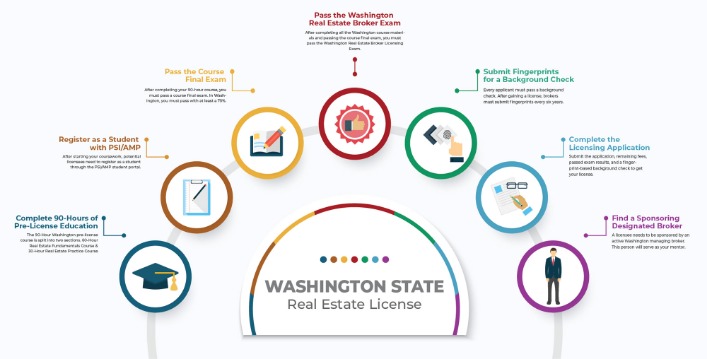Understanding the Crucial Role of FRA in Modern Urban Planning
In the rapidly evolving landscape of urban development, understanding and addressing environmental concerns have become more critical than ever. One essential component in this framework is the Flood Risk Assessment (FRA), a vital tool in ensuring sustainable and safe urban planning.
What is Flood Risk Assessment (FRA)?
Flood Risk Assessment (FRA) is a systematic approach used to evaluate the potential risk of flooding in a specific area. This assessment aids urban planners and developers in understanding and mitigating the impact of floods on real estate developments and infrastructure projects. By identifying areas prone to flooding, it facilitates informed decision-making to enhance community resilience.
Importance of FRA in Urban Development
Incorporating FRA into urban planning is essential for several reasons. Firstly, it ensures the safety and security of residents by prioritizing developments in areas with minimal flood risks. Secondly, it helps preserve the natural environment by guiding construction away from ecologically sensitive areas. Lastly, it allows for efficient emergency planning and response, minimizing potential losses and damages caused by flooding.
Implementing Effective FRA Strategies
To implement an effective FRA, a comprehensive analysis of historical flood data, topographic surveys, and hydrological studies is necessary. Collaborating with environmental experts and using advanced GIS technology can also provide more accurate predictions and insights.
For developers and home builders, engaging in thorough FRA can not only comply with government regulations but also enhance the overall value and appeal of their projects by ensuring safety and sustainability.
Long-term Benefits of FRA
The long-term benefits of integrating Flood Risk Assessment (FRA) into urban planning extend beyond immediate safety. By decreasing future risks and liabilities, it ensures the steady appreciation of property value and aids in fostering resilient and adaptable communities.
As cities continue to grow and climate change becomes a more pressing issue, prioritizing FRA in urban development projects enforces a proactive rather than reactive approach, securing a safer and more sustainable future for all.





Leave a Reply